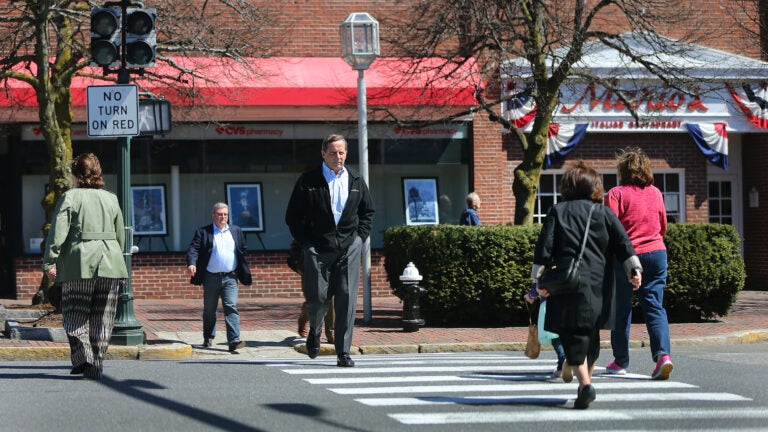Neither you nor I know the motivations of those who were in attendance unless they expressed an opinion.
-Umm first off, yes we do, right from the article I responded to:
“The response of “No” couldn’t have been shouted any louder from the quorum of Middleboro residents proclaiming they don’t want to be
forced to comply with a state mandate that, local officials said, will increase housing production to an unsustainable level for the town.
Middleboro residents voted down an article at the special Town Meeting on Monday, Oct. 7 that, if passed, would have created a new 50-plus acre zoning district intended for an increase of several thousand more multi-family housing units.”
-Second off the actual point I was making wasnt even really about them, it was that it is unfortunate that the demographic of people who are least likely to own a home and will be affected the most by this law are not showing up to community meetings. “For many different reasons the people who will be affected the most by this were not there. Most probably didnt even know it was happening. Its unfortunate.” I think that we need to find a way to change this because it is well known that community meetings in massachusetts are not working as a way to be representative of the greater city/town population as a whole. Dont take my word for it MIT did a study on this exact situation:
“Findings indicate attendants to town meetings are more likely to be older, white, married, to work as municipal employees, and to be homeowners compared to the population at large. Conditional on owning a home, attendants’ housing wealth is evenly distributed. Sixty percent of meeting attendees report having been present to the last five consecutive annual assemblies. This group of pivotal, faithful voters—representing only 1.2 percent of a town’s adult population on average—has resided in town for 30 years, 12 years longer than occasional voters. Meeting regulars are more likely to participate in civic organizations, town committees, and volunteering activities. We conclude that older, married, locally-rooted, civically-minded homeowners who have known each other for a long time bear more power in municipalities where recurrent public meetings are used for
municipal decision-making.”
MIT study
-So according to the article that said that the very people who were there “could not be more against it” and studies done on this exact phenomenon in massachusetts that show that older, whiter, married, homeowners tend to be the only ones who routinely show up to community meetings in order to block housing, I think that this is a problem that needs to be addressed. I dont see how you can try to say I’m being discriminatory when I’m trying to say that community meetings need to be more representative of people from all different age groups and backgrounds, but do you.



